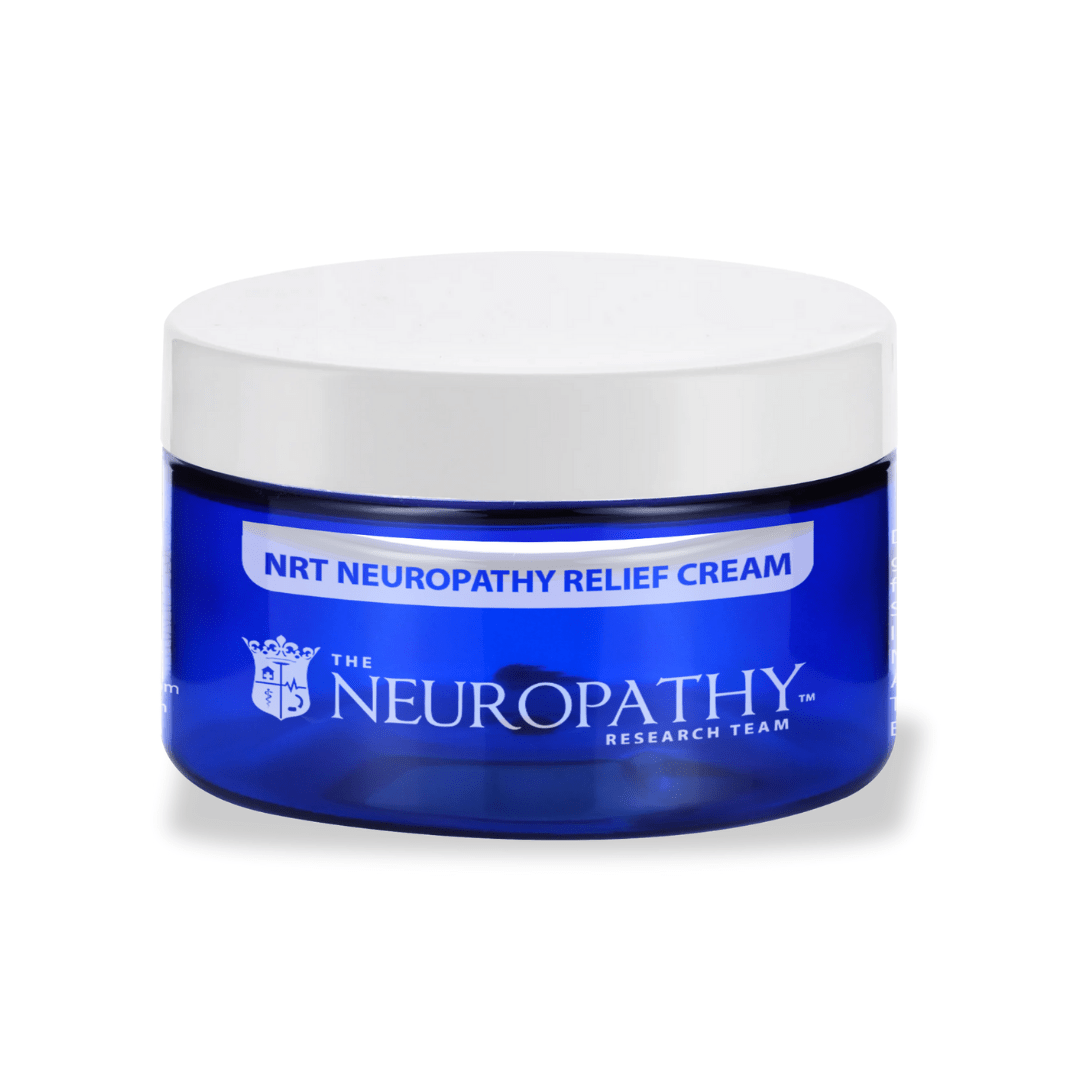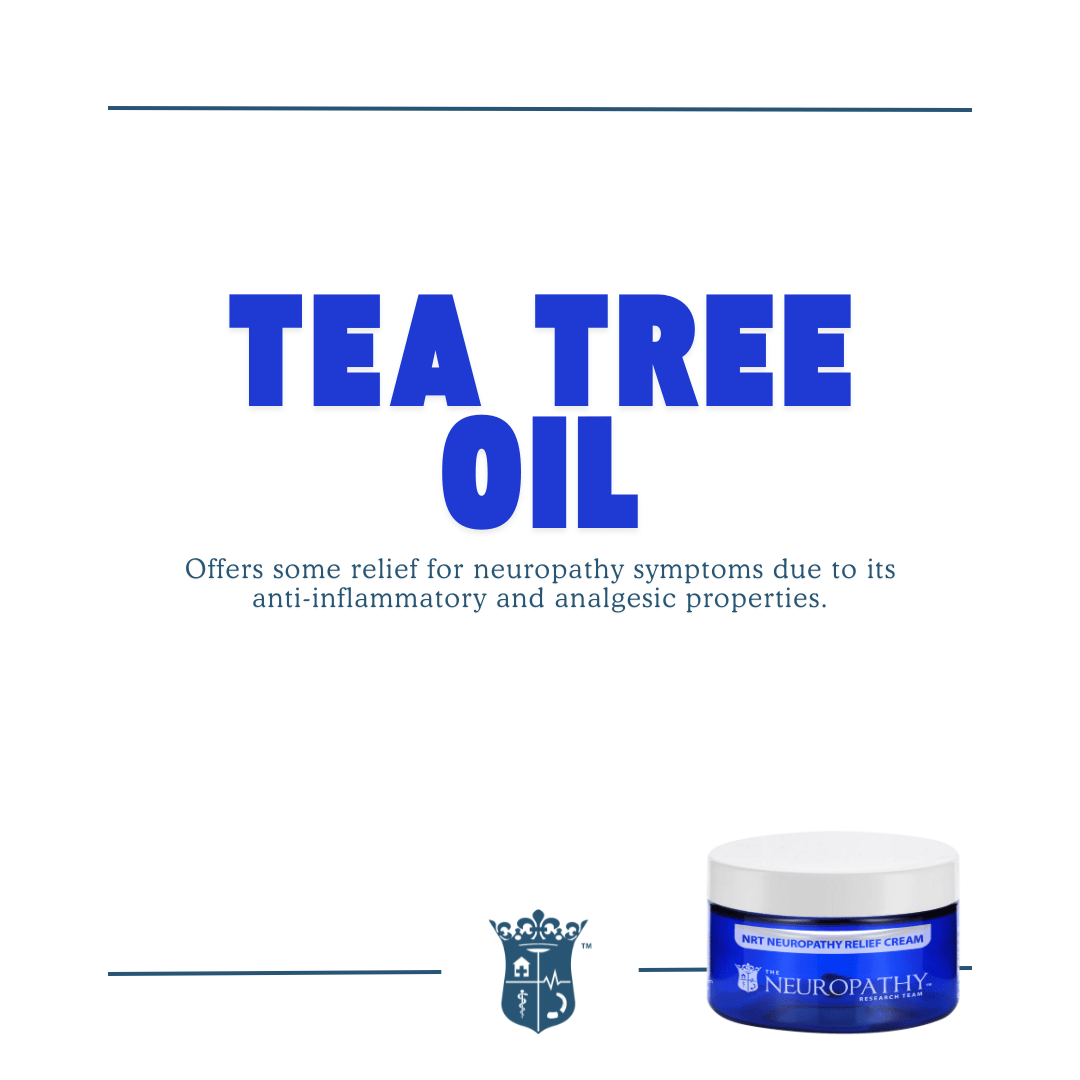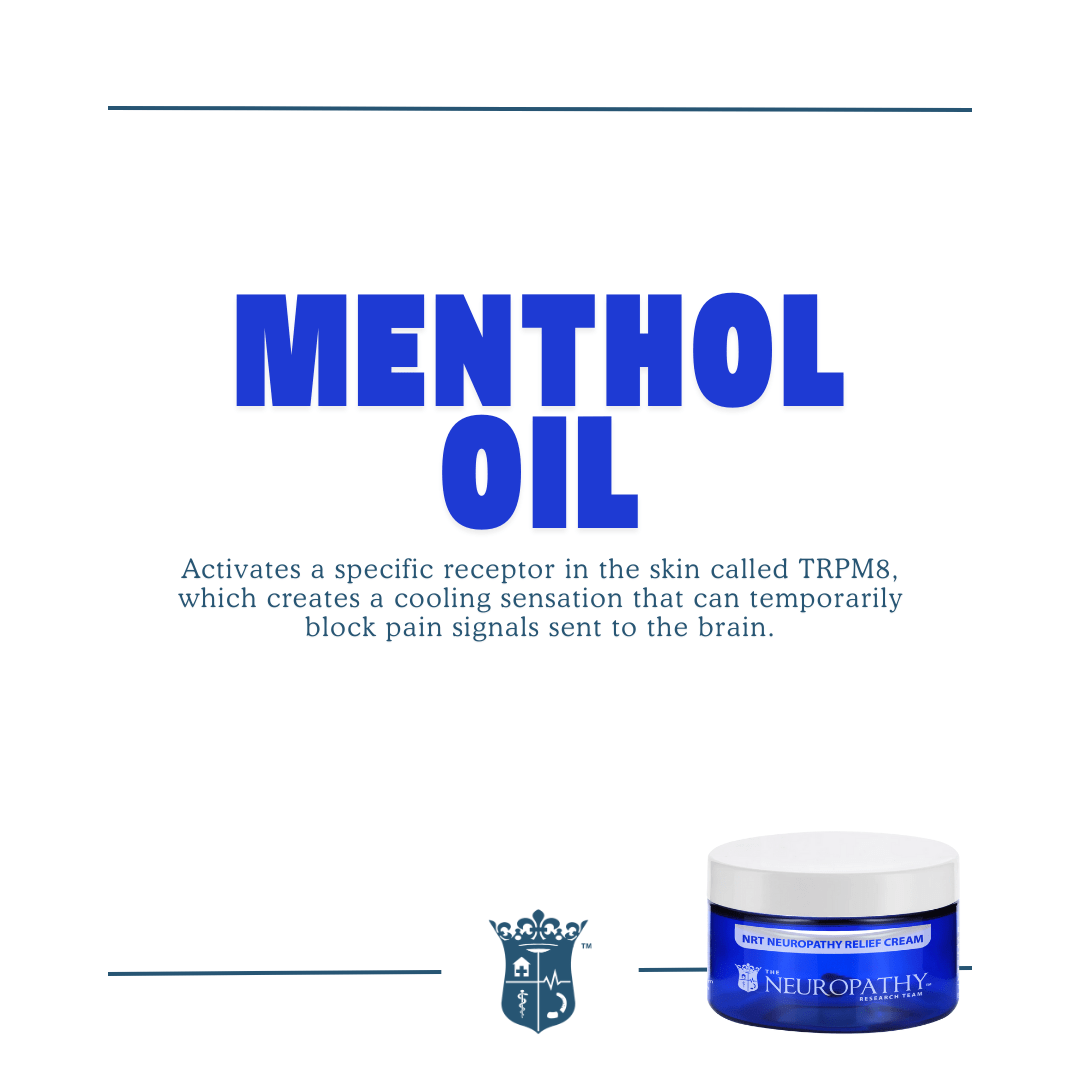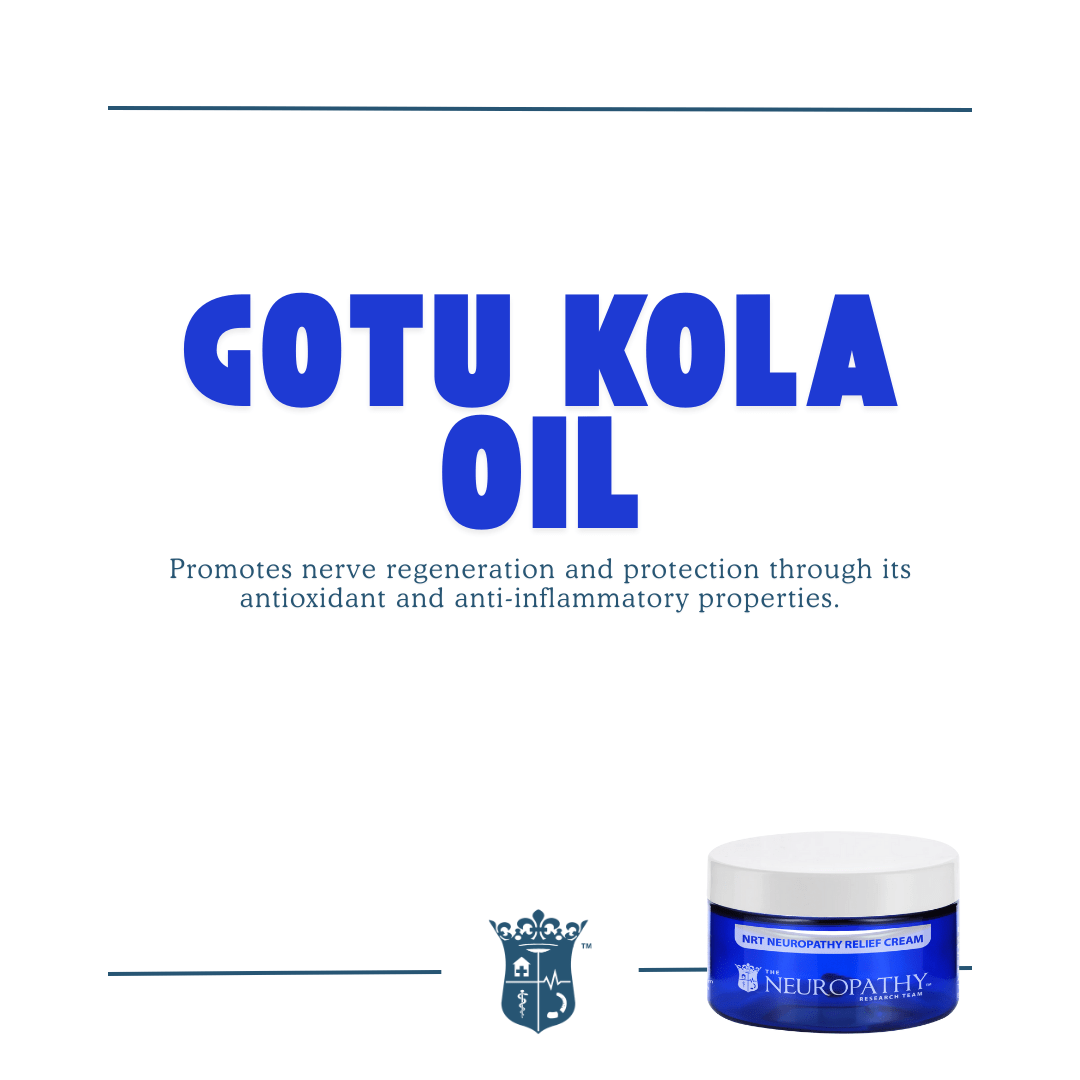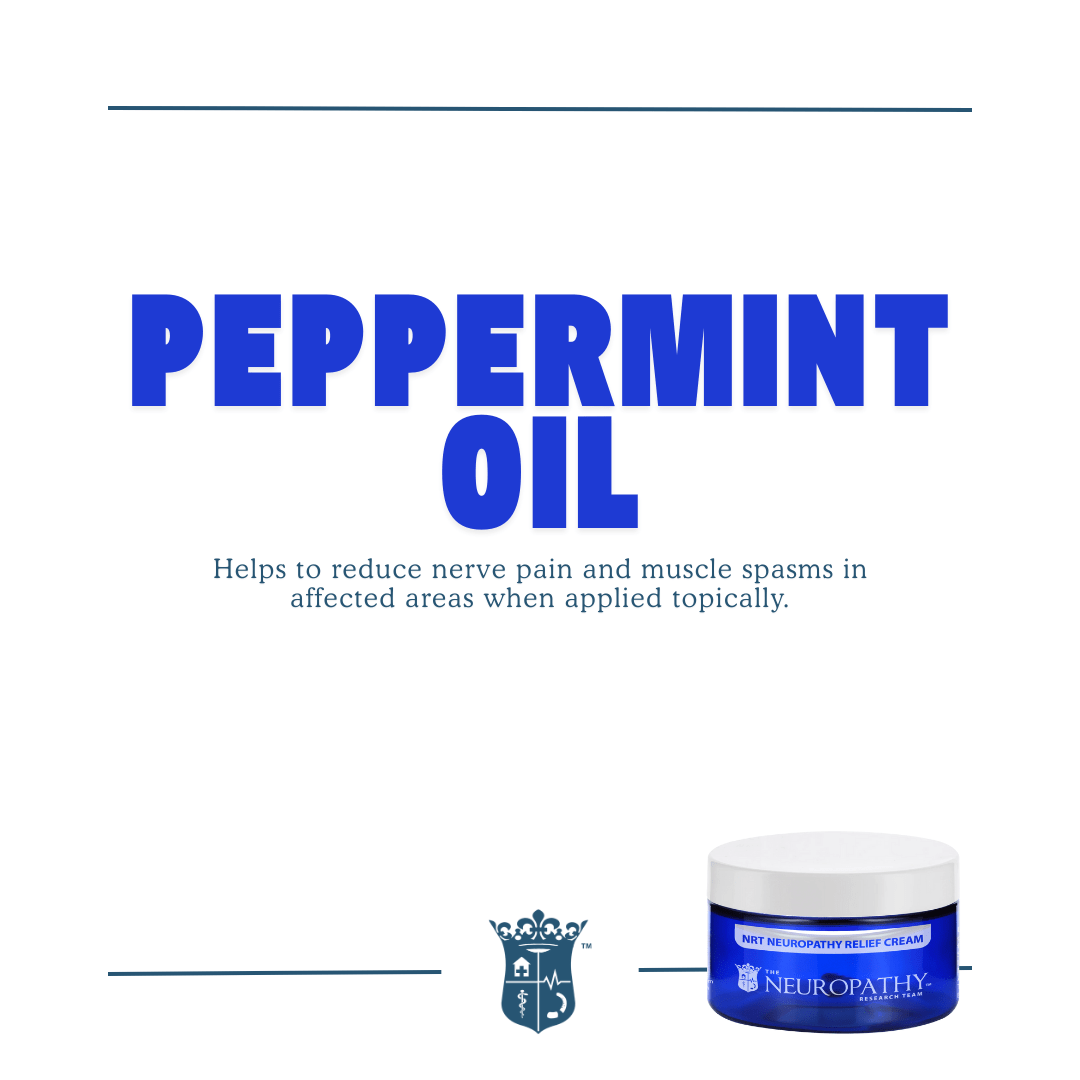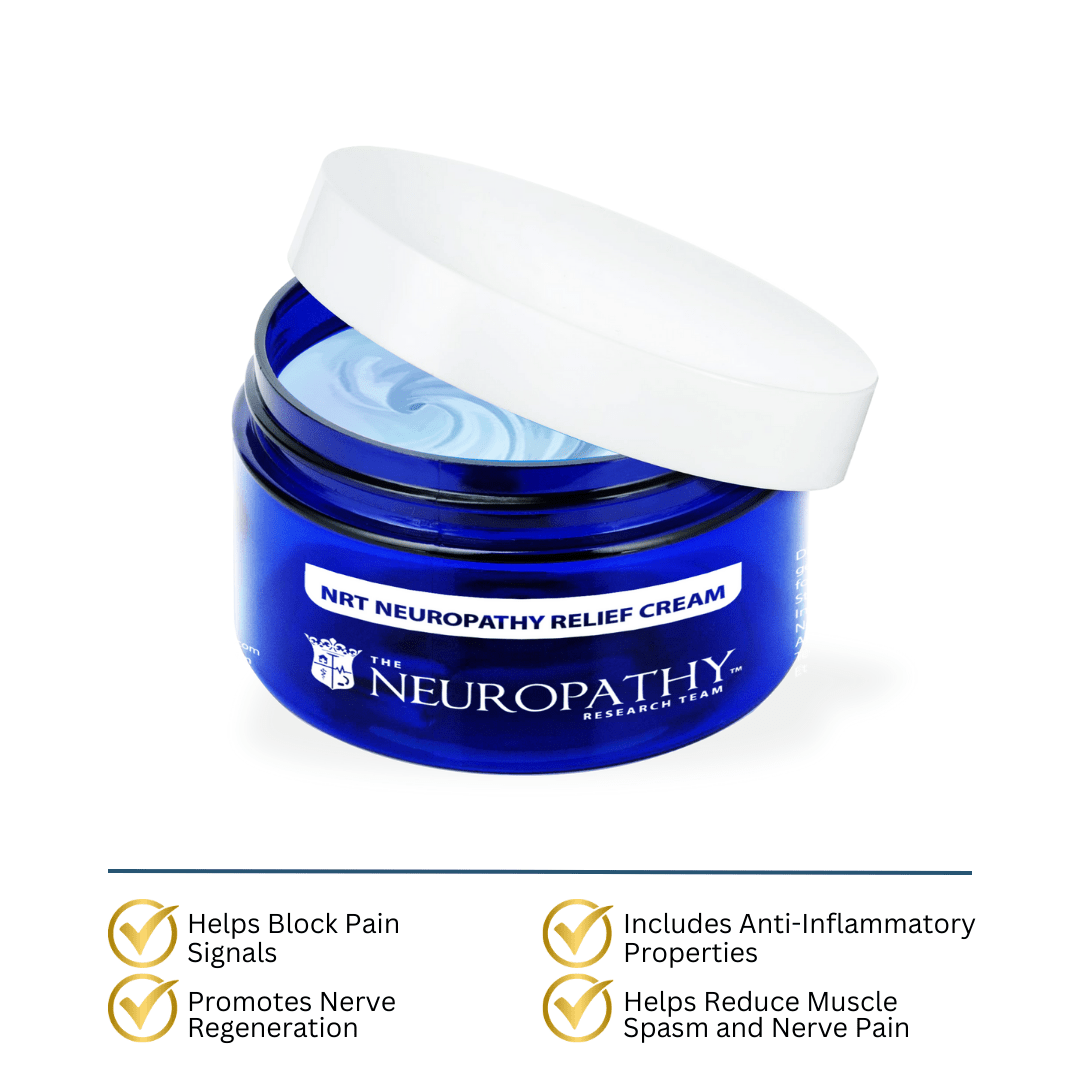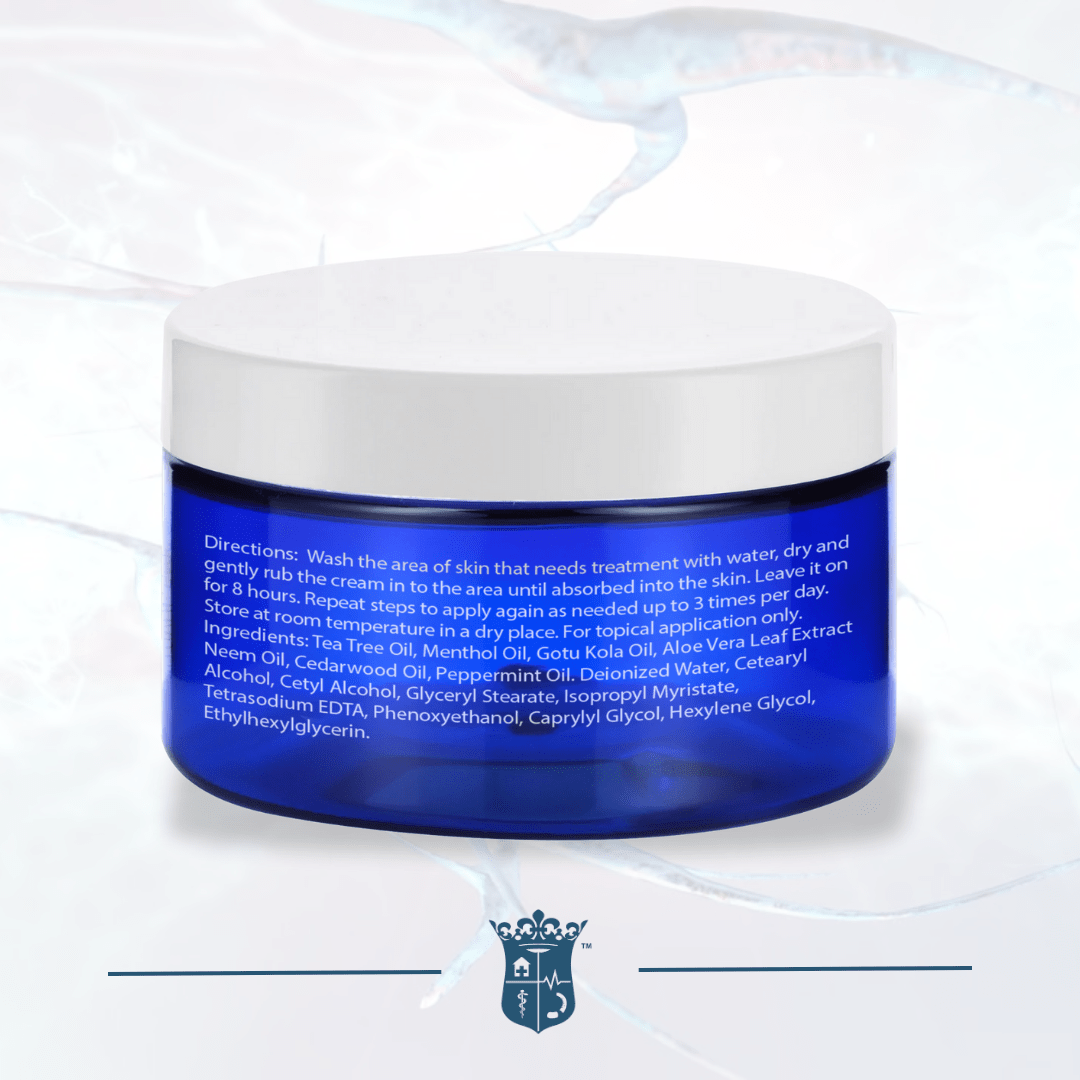
Nourishing Nerves: A Delicious Bok Choy Stir Fry Recipe for Neuropathy Support
Share
Are you searching for neuropathy-friendly meals that are both flavorful and supportive of nerve health? This Bok Choy Stir Fry recipe is designed with your well-being in mind, packed with ingredients known for their potential benefits in managing neuropathy symptoms and promoting nerve regeneration. Discover how this vibrant dish, featuring powerhouse ingredients like shiitake mushrooms, ginger, garlic, broccoli, and edamame, can be a delicious addition to your neuropathy diet plan.
Key Ingredients for Neuropathy Relief
This healthy stir fry recipe goes beyond just taste; it's a strategic combination of ingredients chosen for their scientific backing in supporting neurological health and reducing nerve damage.
Shiitake Mushrooms for Anti-Inflammatory & Antioxidant Support
These savory mushrooms are more than just a meat substitute. Shiitake mushrooms contain potent polysaccharides like lentinan and beta-glucans, which exhibit significant anti-inflammatory effects. For individuals with neuropathy, reducing inflammation is crucial for mitigating nerve damage and alleviating discomfort. Shiitake mushrooms are also rich in antioxidants such as ergothioneine and selenium compounds, which combat oxidative stress – a key contributor to nerve cell damage and the progression of neuropathy. Some studies even suggest that ergothioneine in shiitake mushrooms may help reduce chemotherapy-induced neuropathy severity. Including shiitake in your neuropathy meal plan can contribute to overall neuroprotective benefits.
Garlic: A Neuroprotective Powerhouse
A staple in many stir-fries, garlic offers remarkable therapeutic effects for neuropathy. Its bioactive compounds, including allicin and diallyl disulfide, are celebrated for their antioxidant action, fighting reactive oxygen species (ROS) that can lead to nerve damage. Garlic’s anti-inflammatory properties, particularly from compounds like diallyl trisulfide, may help alleviate neuropathic pain by modulating inflammatory pathways. Furthermore, garlic components have demonstrated neuroprotective effects in preclinical models, safeguarding against cellular damage and promoting neuronal health. Improved blood circulation, another benefit of garlic, is vital for delivering essential nutrients and oxygen to affected nerve tissues, aiding in nerve repair and recovery.
Broccoli: Rich in ALA and B Vitamins for Nerve Health
Broccoli is a nutritional powerhouse for nerve health, largely due to its high content of alpha-lipoic acid (ALA) and B vitamins. ALA, a powerful antioxidant, can improve nerve function and reduce pain associated with neuropathy. Broccoli also provides folate (B9), and other B vitamins are essential for maintaining healthy nerve function and preventing deficiencies that can lead to neuropathy. Specifically, vitamin B1 (thiamine) can reduce pain and inflammation, while vitamin B6 (pyridoxine) helps maintain nerve endings. Its rich array of antioxidants like vitamin C and flavonoids, along with glucosinolates (which form isothiocyanates), contribute to protecting nerves from damage and may even lower the risk of neurodegenerative diseases. This makes broccoli an excellent choice for a diabetic neuropathy diet.
Edamame for Blood Sugar Control & Nerve Repair
Edamame, or immature soybeans, offer several nutritional advantages for individuals managing neuropathy. Their low carbohydrate, high protein, and high fiber content help regulate blood sugar levels, a critical factor for those with diabetic neuropathy to prevent further nerve damage. Edamame is also a good source of B vitamins, including folate and thiamine, which are crucial for nerve function and repair. The presence of isoflavones and soy peptides contributes to their anti-inflammatory properties, potentially reducing nerve pain. As a complete protein source, edamame provides essential amino acids vital for the growth and repair of nerve tissue.
Bok Choy: Antioxidants and Anti-Inflammatory Benefits
The star of our Bok Choy Stir Fry, this cruciferous vegetable is rich in antioxidants like vitamin C and beta-carotene, which help protect cells from damage caused by free radicals and oxidative stress in neuropathy. Like broccoli, bok choy contains glucosinolates and isothiocyanates (including sulforaphane), which exhibit strong anti-inflammatory properties, beneficial for managing neuropathy symptoms. It also provides essential vitamins and minerals crucial for overall health and nerve function, such as Vitamin B6, Folate, Potassium, Magnesium, and Vitamin K.
Carrots for Antioxidant & Neuroprotective Support
While not a direct cure, carrots are a valuable addition due to their high content of beta-carotene, lutein, and polyphenols. These antioxidants combat oxidative stress and possess anti-inflammatory properties that can help manage inflammation associated with neuropathy. Carrots also contain alpha-lipoic acid (ALA), potentially improving neuropathy symptoms like pain and offering neuroprotective effects. Their low glycemic index is also beneficial for blood sugar control in diabetic neuropathy.
Scallions for Antioxidant, Anti-inflammatory & Blood Sugar Regulation
Scallions are packed with flavonoids and organosulfur compounds, offering antioxidant properties that protect nerve cells. Their anti-inflammatory effects from compounds like quercetin and kaempferol may help reduce pain and inflammation in neuropathy. Importantly, scallions can assist in managing blood sugar levels, a crucial aspect for those with diabetic neuropathy. They are also a good source of B vitamins (B6, folate), A, C, and K, along with potassium, all contributing to proper nerve function and potential nerve regeneration.
Sesame Seeds & Sesame Oil for Nerve Regeneration
Sesame seeds and their lignans (sesamin, sesamol) are powerful antioxidants that combat oxidative stress and nerve damage, particularly in diabetic neuropathy. Research suggests they can promote the regeneration of damaged nerves by increasing nerve growth factor (NGF) and myelin protein zero (MPZ), both vital for nerve repair. Sesame consumption is also linked to improved glycemic control, further benefiting diabetic neuropathy. Their anti-inflammatory properties and ability to enhance nerve function make them a fantastic addition to this neuropathy-friendly recipe.
Ginger for Neuroinflammation & Gut-Brain Axis Modulation
Ginger, with its active compounds gingerols and shogaols, is a powerful ingredient for reducing neuroinflammation, a significant contributor to neuropathic pain. It offers strong antioxidant effects that protect nerve cells from damage. Emerging research also highlights ginger's potential to influence neuropathic pain through its impact on the gut microbiome and gut-brain axis, improving gut integrity and affecting neuroinflammation. This makes ginger a key ingredient for a neuropathy-focused diet.
Recommended Pasta Choices for Neuropathy
For this Bok Choy Stir Fry, choosing the right pasta is essential for neuropathy management. Instead of traditional white pasta, opt for:
Whole wheat pasta: Higher in fiber and nutrients, helps stabilize blood sugar.
Legume-based pasta (chickpea, lentil, black bean): Excellent source of protein, fiber, and iron.
Quinoa pasta: Naturally gluten-free, provides protein and fiber.
Vegetable noodles (zucchini "zoodles", squash noodles, hearts of palm pasta): Low in calories and carbs, packed with vitamins and minerals, perfect for low-carb neuropathy meals.
Bok Choy Stir Fry Recipe for Neuropathy Support
This easy stir fry recipe is not only delicious but also a fantastic way to incorporate nerve-supporting ingredients into your diet.
Yields: 2 servings Prep time: 15 minutes Cook time: 15 minutes
Ingredients
For the Neuropathy-Friendly Sauce:
1½ tablespoons tamari (gluten-free soy sauce alternative)
2 tablespoons rice vinegar
1 teaspoon fresh lime juice (plus extra lime slices for serving)
½ teaspoon honey or maple syrup
½ teaspoon minced fresh ginger
1 small garlic clove, minced
½ teaspoon toasted sesame oil
For the Stir Fry:
4 ounces soba noodles (King Soba brand recommended for gluten-free) or brown rice pasta (Delallo brand recommended)
1 tablespoon avocado oil or macadamia oil
4 ounces shiitake mushrooms, stemmed and sliced
½ small head broccoli, florets chopped, stems peeled into strips
2 scallions, chopped
2 baby bok choy, quartered vertically
½ cup frozen edamame, thawed
1 carrot, peeled into thin strips
2 teaspoons sesame seeds
Sriracha or sambal, for serving (optional, for a spicy kick)
Instructions
Prepare the Nerve-Supporting Sauce: In a small bowl, whisk together the tamari, rice vinegar, lime juice, honey (or maple syrup), minced ginger, minced garlic, and toasted sesame oil. Set aside to allow the flavors to meld.
Cook Your Neuropathy-Friendly Noodles: In a pot of salted boiling water, cook your chosen soba noodles or brown rice pasta according to package directions until al dente. Drain, rinse thoroughly with cold water (or toss with a little oil) to prevent clumping, and set aside.
Sauté the Healing Vegetables: Heat the avocado or macadamia oil in a large skillet or wok over medium heat. Add the sliced shiitake mushrooms and chopped broccoli florets (and peeled stems). Stir to coat with oil, then let cook for 1 to 2 minutes until the mushrooms begin to soften and the broccoli starts to brown slightly.
Add More Nerve-Boosting Ingredients: Give the pan a good shake and stir. Add the chopped scallions, quartered bok choy, and thawed edamame. Continue to cook, stirring occasionally, for another 2 minutes, until the bok choy and broccoli are tender-crisp and still vibrant.
Combine and Finish: Add the thinly peeled carrot strips and the cooked noodles to the skillet. Pour in the prepared sauce and toss everything gently to ensure all ingredients are well coated. Add an extra squeeze of fresh lime juice for brightness.
Serve & Enjoy: Taste and adjust seasonings as needed. Sprinkle with sesame seeds. Serve immediately with extra lime slices and, if desired, a side of Sriracha or sambal for a little heat.
This Bok Choy Stir Fry is more than just a meal; it's a step towards supporting your nerve health with every delicious bite. Enjoy this flavorful and nutrient-dense recipe as part of your holistic approach to neuropathy management.
Disclaimer: This article provides general information and is not a substitute for professional medical advice. Always consult with a qualified healthcare provider for diagnosis and treatment of neuropathy or any other medical condition.



